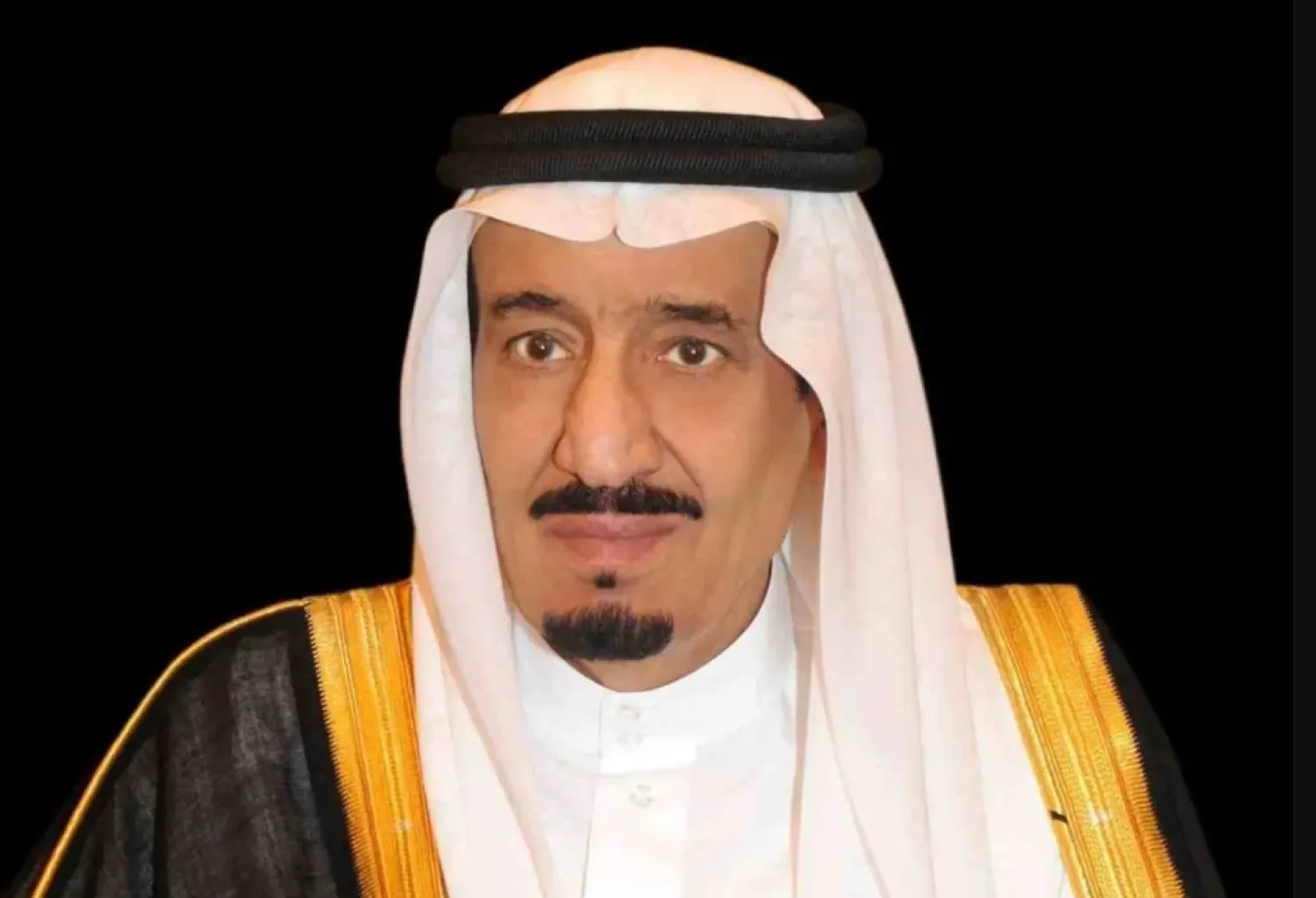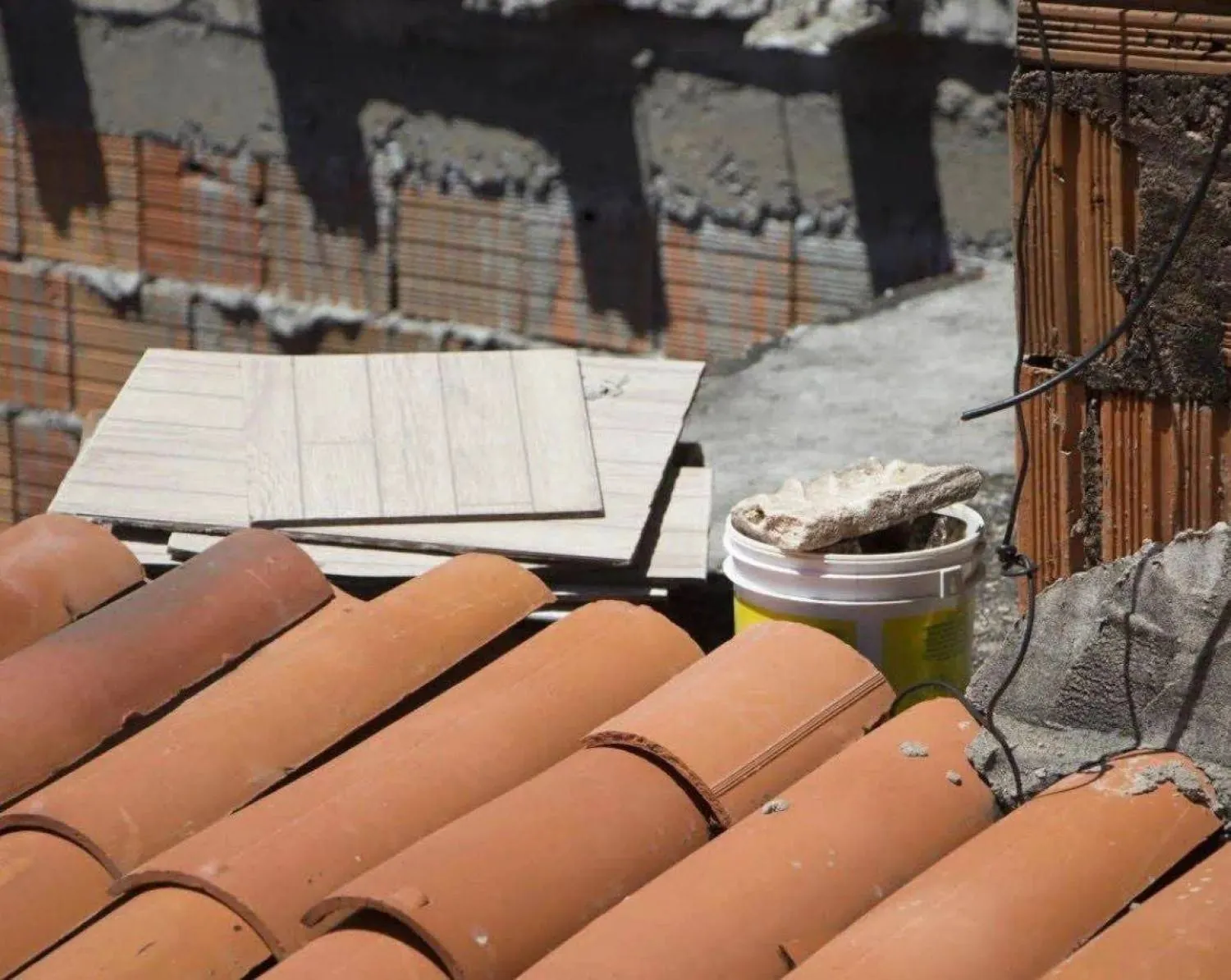Members of the Gulf Cooperation Council (GCC) and the United States have called for the completion of the demarcation of the Kuwaiti-Iraqi maritime borders "beyond marker number 162."
US Secretary of State Antony Blinken, GCC Foreign Ministers, and GCC Secretary General Jasem al-Budaiwi met in New York to celebrate the strategic importance of the historic ties among their countries.
After their meeting, they issued a joint statement urging the complete demarcation of the Kuwait-Iraq maritime boundary beyond boundary point 162.
The officials called on the Iraqi government to expeditiously resolve the domestic legal status of the 2012 Kuwait-Iraq Agreement to regulate maritime navigation in Khor Abdullah and ensure that the agreement remains in force.
They renewed their support for UNSC Resolution 2107 (2013) regarding the transfer of the file related to the repatriation of all Kuwaitis, including missing Kuwaitis, and the return of Kuwaiti property, including the national archives, to the UN Mission to Iraq (UNAMI).
The statement, issued Wednesday, expressed their hope that Iraq will continue cooperating to ensure progress in this file.
They called on Iraq and the UN to exert maximum effort to resolve all the issues.
The UN demarcated the borders between the two countries in 1993 following Iraq's invasion of Kuwait. However, this did not encompass the entirety of their maritime boundary, leaving the resolution of this matter to the oil-producing nations.
Furthermore, the GCC countries and the US reiterated their call for Iran to fully cooperate with the International Atomic Energy Agency (IAEA).
Iran has denied entry to several IAEA inspectors overseeing Tehran's nuclear activities.
The IAEA's Director-General, Rafael Grossi, described this move as "disproportionate and unprecedented."









